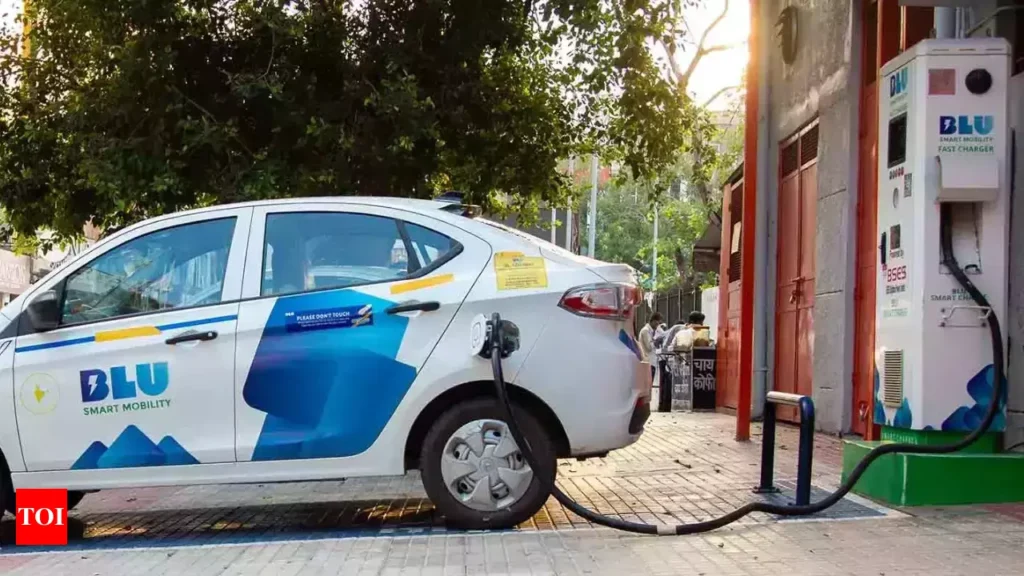In a significant development within India’s electric vehicle (EV) industry, a prominent ride-hailing startup has come under scrutiny for alleged financial misconduct. Reports indicate that the company is involved in a scam amounting to approximately ₹550 crore, raising concerns about corporate governance and financial integrity in the rapidly growing EV sector.
Background: The Rise of an EV Pioneer

Established in 2019, the startup quickly positioned itself as a leader in India’s EV ride-hailing market. With a fleet of electric vehicles and operations in major cities like Delhi NCR and Bengaluru, the company attracted significant investments and partnerships, aiming to revolutionize urban transportation with sustainable solutions.
The Allegations: Misuse of Funds and Financial Irregularities
Between 2021 and 2024, the company secured loans totaling approximately ₹978 crore from public sector lenders, including the Indian Renewable Energy Development Agency (IREDA) and the Power Finance Corporation (PFC). These funds were intended for the procurement of 6,400 electric vehicles. However, investigations revealed that only 4,704 vehicles were purchased, costing around ₹568 crore, leaving a discrepancy of ₹262 crore. Further scrutiny uncovered that a portion of the funds was diverted for personal expenses, including the purchase of luxury real estate and other unrelated expenditures .
Regulatory Actions and Legal Repercussions
In response to these findings, the Securities and Exchange Board of India (SEBI) issued an interim order barring the company’s promoters from holding key positions and participating in the securities market. SEBI’s investigation highlighted systemic patterns of fund diversion and misuse, likening the company’s management practices to treating public funds as personal assets .
Operational Impact and Service Disruptions
Amid the financial turmoil, the company suspended ride bookings in key regions, including Delhi-NCR and Bengaluru. Users reported being unable to schedule rides through the app, indicating a potential pause or scaling back of services. The company also faced challenges in meeting financial obligations, leading to delays in salary disbursements and raising concerns about its operational viability .
Broader Implications for the EV Industry

The unfolding events have cast a shadow over India’s burgeoning EV sector. The allegations of financial misconduct not only tarnish the reputation of the company involved but also raise questions about regulatory oversight and the need for stringent corporate governance in the industry. Investors and stakeholders may exercise increased caution, potentially affecting funding and growth opportunities for other EV startups.
Conclusion
The ₹550 crore scam involving the EV ride-hailing startup underscores the critical importance of transparency, accountability, and ethical practices in the corporate world. As the EV sector continues to evolve, it is imperative for companies to uphold the highest standards of governance to foster trust and ensure sustainable growth. Regulatory bodies must also enhance oversight mechanisms to prevent such incidents and protect the interests of stakeholders.




